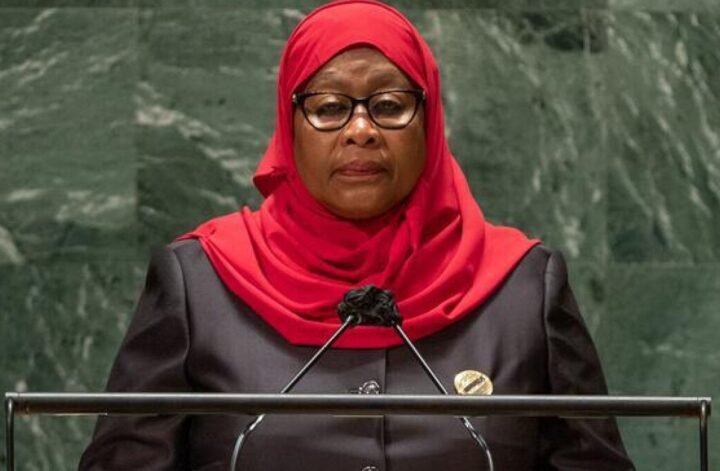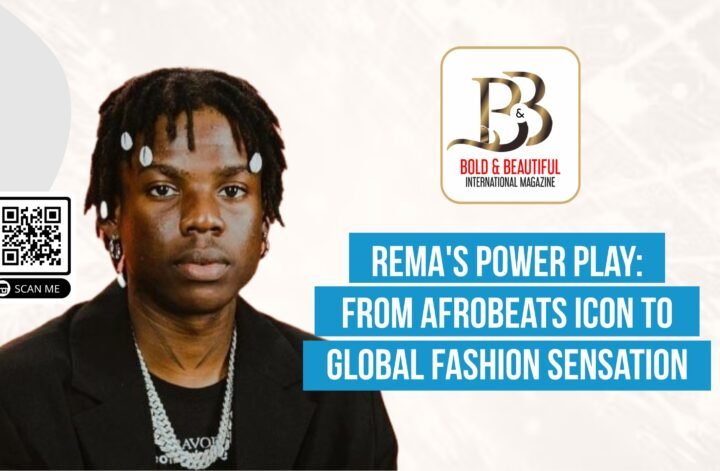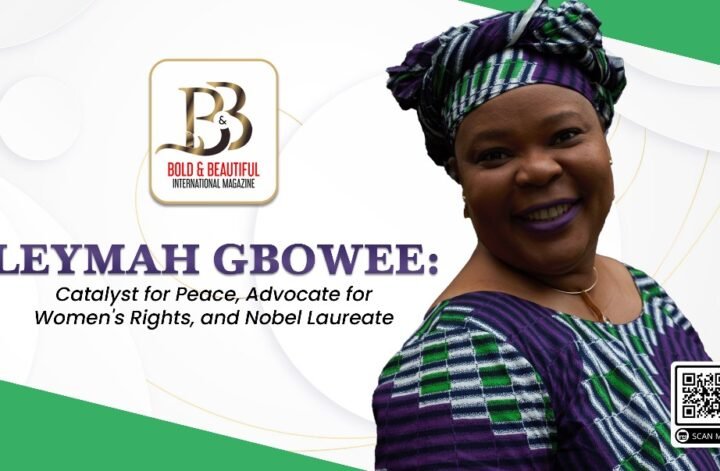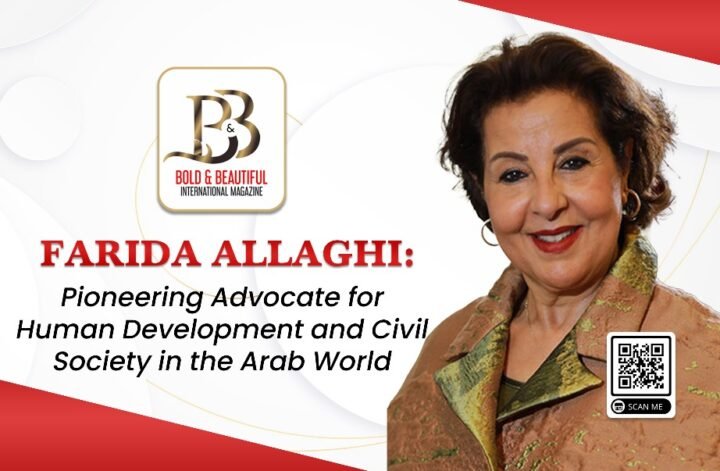In December 2022, Forbes’ list of the World’s Most Powerful 100 Women featured three formidable African women who are defying stereotypes, and carving unimaginable paths on the global stage. These women, Tanzanian President Samia Suluhu Hassan, Nigerian economist and Director General of the World Trade Organization Ngozi Okonjo-Iweala, and media mogul Mosunmola Abudu, have not only broken barriers but have become an inspiration for countless others. Their stories of leadership and service have served as empowerment for women across the African continent and beyond.
President Samia Suluhu Hassan
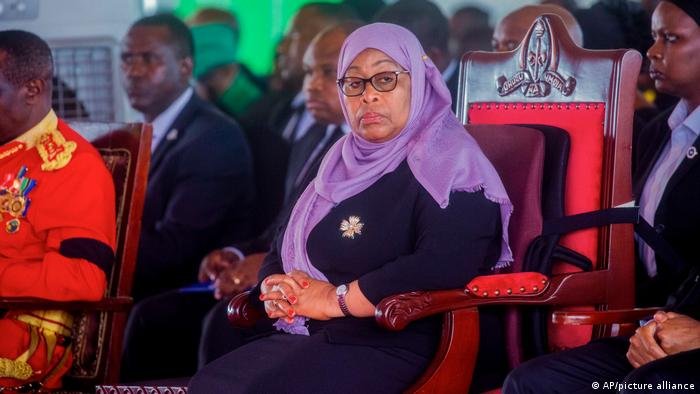
In March 2021, history was made in Tanzania when Samia Suluhu Hassan was sworn in as the first female President of the country following the sudden passing of her predecessor, John Magufuli. With her ascension to the highest office, President Hassan shattered the glass ceiling and carved a path for women in African politics.
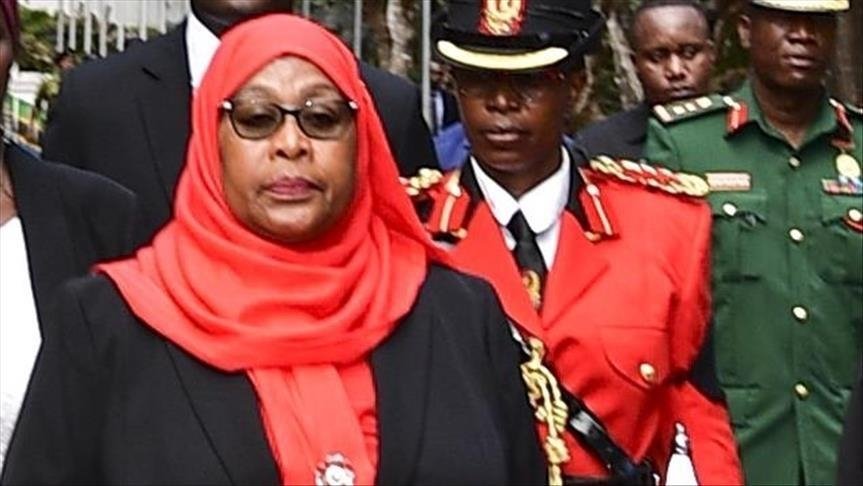
Born on January 27, 1960, in Zanzibar, President Hassan’s journey to leadership was not without challenges. As a young woman pursuing an education in a male-dominated society, she faced societal pressure to conform to traditional gender roles. However, her determination and intellect prevailed, and she pursued a successful career in public service, holding various ministerial positions before becoming Vice President in 2015.
As President, she embarked on a mission to restore Tanzania’s international relations, foster economic growth, and promote gender equality. President Hassan’s emphasis on unity and inclusivity has earned her widespread respect not only in Africa but across the world.
Ngozi Okonjo-Iweala – The Global Economic Powerhouse
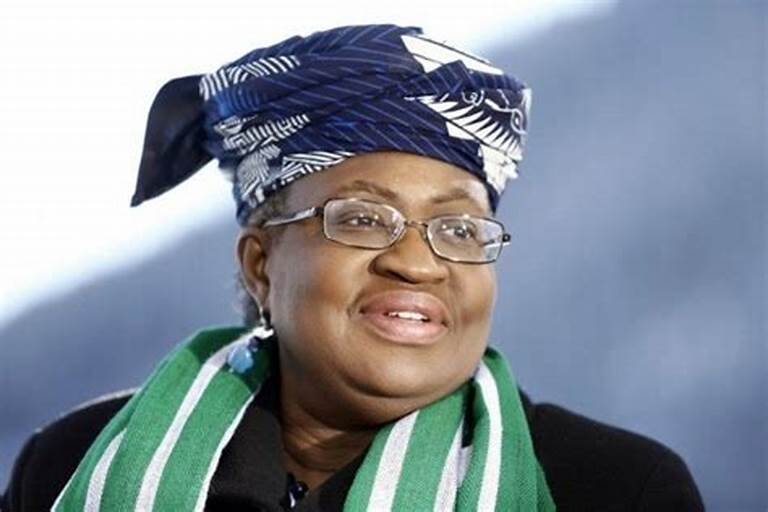
Ngozi Okonjo-Iweala’s impact on the global economic stage is nothing short of extraordinary. Born on June 13, 1954, in Nigeria, she possesses a stellar academic background and an impressive career in both international finance and development. She has served as Nigeria’s Finance Minister and Foreign Affairs Minister, blazing a trail in a male-dominated realm.
In March 2021, she made history by becoming the first African and first female Director-General of the World Trade Organization (WTO). Her appointment came at a critical time as the world faced unprecedented challenges amid the COVID-19 pandemic, and she brought her expertise to address issues of trade, equity, and public health.
Under her leadership, the WTO saw significant strides in multilateral trade negotiations, promoting the role of developing countries, and creating an equitable global trading system. Her impact has not only been recognized by Forbes but by countless leaders and economists worldwide.
3. Mosunmola Abudu – The Media Maven
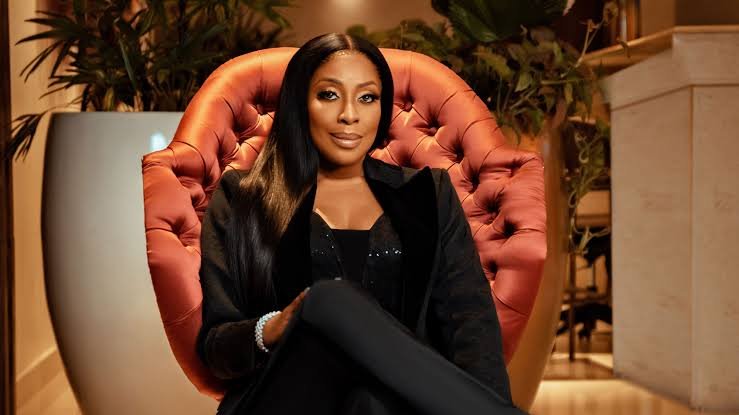
Affectionately known as “Mo Abudu,” this Nigerian media mogul is redefining African storytelling and representation on the global media landscape. As the founder and CEO of EbonyLife Media, she has been at the forefront of producing and distributing original African content that challenges stereotypes and empowers women.
With a career that began in the United Kingdom’s corporate world, Mo Abudu returned to Nigeria with a mission to reshape Africa’s narrative through the power of storytelling. She launched EbonyLife TV in 2013, and it quickly became a platform for showcasing the diversity, resilience, and creativity of African women.
Mo Abudu’s work has not gone unnoticed. She has received numerous accolades for her contributions to media and entertainment, including a place on Forbes’ list of the World’s Most Powerful 100 Women. Through her media empire, she continues to amplify African voices and tell authentic stories that resonate with a global audience.
President Samia Suluhu Hassan, Ngozi Okonjo-Iweala, and Mosunmola Abudu are not just powerful African women; they are symbols of hope, determination, and progress for africans. Their stories inspire not only young women but also entire nations, demonstrating that when women are given the opportunity to lead, society prospers. The legacy of their power will undoubtedly pave the way for even more African women to rise and make their mark on the global stage.

